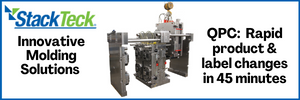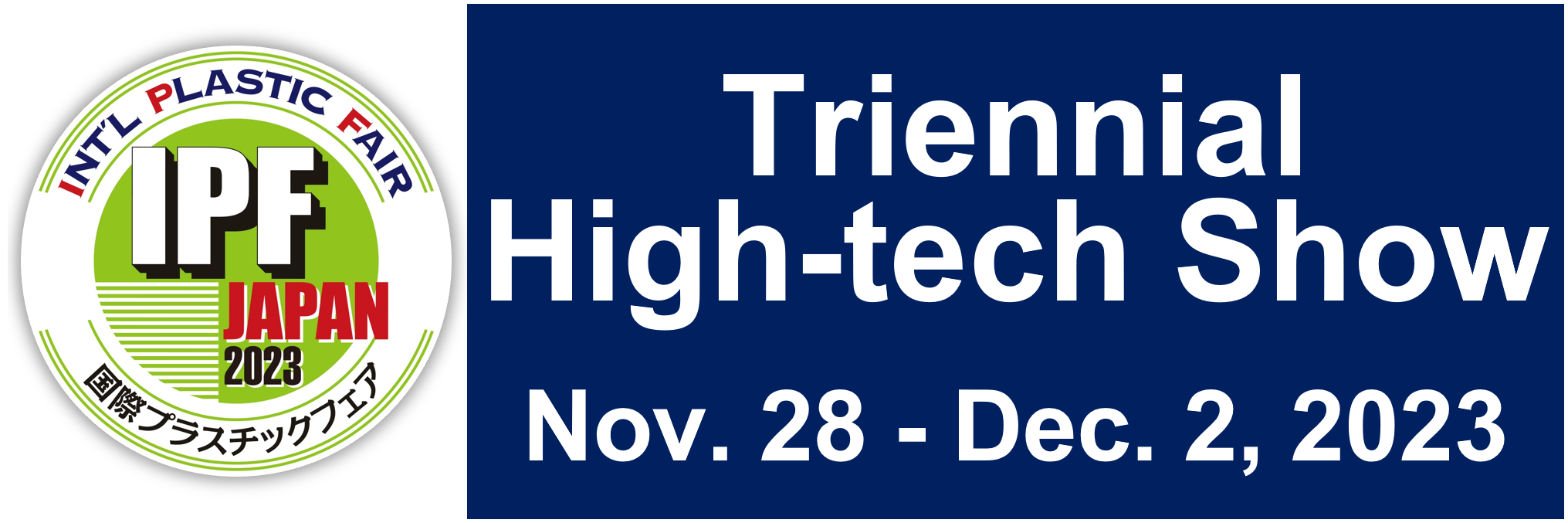Battery recycling: ABTC receives US DOE funding for advanced battery recycling; SK ecoplant/Ascend Elements to build New Li-ion recycling facility in US

American Battery Technology Company (ABTC), an integrated critical battery materials company that is commercialising its technologies for both primary battery minerals manufacturing and secondary minerals lithium-ion battery recycling, has received a contract grant award for its US$20 million project from the US Department of Energy (DOE) for a multi-partner industry collaboration to demonstrate and commercialise next generation techniques for lithium-ion battery recycling processes to manufacture low-cost and low-environmental impact domestic critical battery materials.
As one of only five companies nation-wide selected for this competitive funding under the battery recycling portion of the 'Electric Drive Vehicle Battery Recycling and Second Life Applications' opportunity from the U.S. DOE under the Bipartisan Infrastructure Law, ABTC and its partners intend to validate, test, and deploy three new first-of-kind disruptive advanced separation and processing technologies to further enhance the economic competitiveness, reduce environmental impact, and re-integrate an even greater percentage of the constituent components to the domestic battery manufacturing market. This contracted grant award has a project start date of October 1, 2023.
ABTC is currently implementing and commissioning the first phase of its commercial-scale integrated lithium-ion battery recycling technologies at its facility located in the Tahoe-Reno Industrial Centre. These processes utilise a strategic de-manufacturing and targeted chemical extraction train in order to recover battery materials with high yields, low cost, and with a low environmental footprint. These processes are fundamentally different than conventional methods of battery recycling, which generally utilise either high temperature smelting or non-strategic shredding systems.
While this initial implementation of the lithium-ion battery recycling system undergoes commissioning, ABTC and its partners are developing these next generation enhanced separation and processing techniques in parallel at the laboratory and pilot scales that when implemented into the commercial-scale system will allow for the recovery of additional products and further reduction of energy and water consumption and life cycle greenhouse gas emissions.
Through this U.S. DOE supported project, ABTC and its partners will validate and optimize each of these advanced technologies at the bench scale, then manufacture qualification batches of these products for evaluation and testing by downstream partners, followed by the scale-up of these advanced systems for integration into ABTC's recycling operations.
As part of this industry collaboration, ABTC is serving as the prime recipient of this grant award, and is working in partnership with three public universities, three national laboratories, and one private corporation. Through this competitive grant award, the US DOE will provide US$10 million in direct funding, while ABTC and its project partners will contribute an additional US$10 million worth of cost-share resources, bringing the total project investment to US$20 million.

In other related news, US-based Ascend Elements is partnering with South Korea-based SK ecoplant and its e-waste recycling subsidiary, TES, to build a US$65 million lithium-ion battery recycling facility in Hopkinsville, Ky.
The 100,000-sq-ft EV battery recycling facility will disassemble and shred approximately 24,000 tonnes/year of used EV batteries and gigafactory scrap – or approximately 56,000 EV batteries per year. Construction is scheduled to begin in November 2023 with completion in January 2025.
SK ecoplant will be the majority owner (64%) with Ascend Elements owning 25% and TES owning 11% of the new joint venture. Since 2022, SK ecoplant has invested more than $60 million in Ascend Elements.
"We are honored to deepen our relationship with SK ecoplant on this new, state-of-the-art EV battery recycling facility," said Mike O'Kronley, CEO of Ascend Elements. "This is just the beginning of an entirely new industry in the United States. For every new EV battery gigafactory that is built, we will need to build a new battery recycling facility to process manufacturing scrap and end-of-life batteries. This is a capital intensive endeavor, so joint ventures between strategically aligned partners is an ideal way to fund new infrastructure projects."
The new facility will create approximately 60 jobs and produce approximately 12,000 tonnes/year of black mass. Black mass is a fine powder that contains the valuable cathode and anode materials inside an electric vehicle battery. The black mass produced at the new SK ecoplant/Ascend Elements facility will help supply Ascend Elements' nearby Apex 1 engineered battery materials facility, which is currently under construction in Hopkinsville, Kentucky.
When operational in 2024, the US$1 billion Apex 1 project will be North America's first sustainable cathode precursor (pCAM) and cathode active material (CAM) manufacturing facility. At full capacity, the massive Apex 1 project will produce enough pCAM for approximately 750,000 new EVs per year.
CAM and pCAM are engineered materials made to precise microstructure specifications for use in electric vehicle batteries. While most of the world's pCAM and CAM are made in China from primary (mined) metals, US-based Ascend Elements says it is commercialising an ultra-efficient method to make sustainable pCAM and CAM from black mass.
The patented Hydro-to-Cathode direct precursor synthesis process eliminates several intermediary steps in the traditional cathode manufacturing process and provides significant economic and carbon-reduction benefits. Several peer-reviewed studies have shown Ascend Elements' recycled battery materials perform as well as similar materials made from virgin (or mined) sources while reducing carbon emissions by up to 93%.
Ascend Elements recently closed a US$542 million funding round and received US$480 million of US Department of Energy grant awards to accelerate construction of the Apex 1 project. Ascend Elements also operates Base 1, one of North America's largest electric vehicle battery recycling facilities in Covington, Georgia.
(IMA)Subscribe to Get the Latest Updates from IMA Please click here
©2023 Injection Moulding Asia. All rights reserved.















